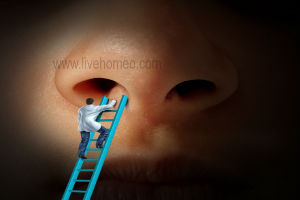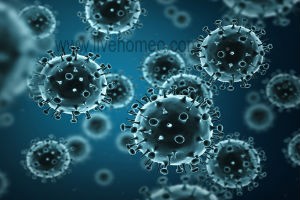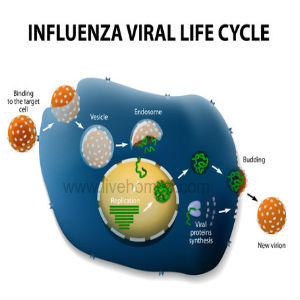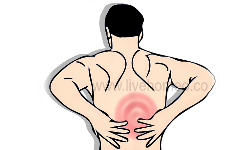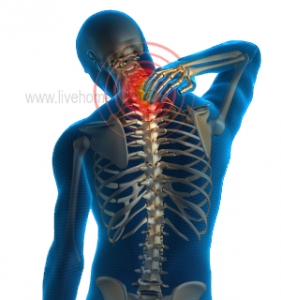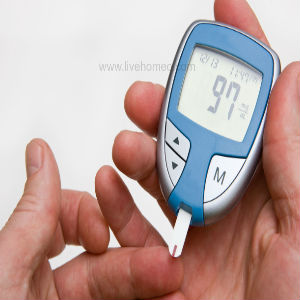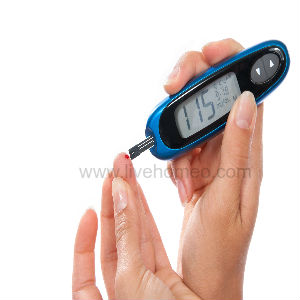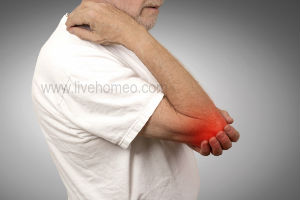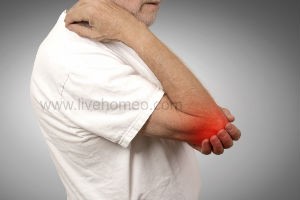About Sinusitis:
Sinusitis is swelling of the tissue lining the paranasal sinuses. Sinusitis is also known as a sinus infection or rhinosinusitis. Sinuses are small, air-filled cavities in the bones around the nose like your cheekbones and forehead that connect to the nose through small, narrow channels. Normally sinuses are filled with air but, when virus or bacteria infect the sinuses, infection causes the sinus lining to swell and block the channels that drain the sinuses. Because of swelling the sinus drainage pathways are blocked and infection builds mucus and pus to fill up the nose and sinus cavities, which causes headache and facial pain.
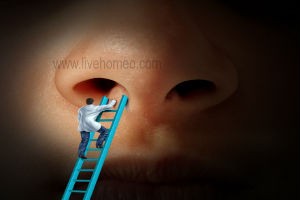
Types of Sinusitis:
There are different types of Sinusitis like
- Acute sinusitis- infection last 2-4 weeks
- Subacute sinusitis- infection last 4-12 weeks
- Chronic sinusitis- infection last for more than 12 weeks
- Recurrent sinusitis- infection happens several times in a year.
Symptoms of Sinusitis :
Symptoms of Sinusitis include
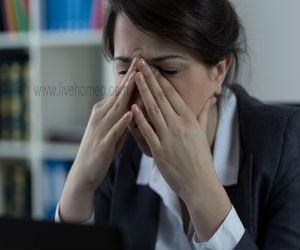
Tumors, dehydration, stagnated mucus can also cause sinusitis in some cases.
Consequences caused due to Sinusitis:
If sinusitis is not treated one will have pain and discomfort until it starts to clear up. While serious complications do not occur frequently, in rare cases. It is possible for sinus infection to cause meningitis, a brain abscess or an infection of the bone and it can be life threatening. It can also spread into the eyes and cause swelling of eyelids and can threaten vision. Untreated sinus infections can lead to bronchitis, asthma, worsening of asthma, chronic cough, ear infections, throat infections and nasal polyps. Treatment of sinusitis becomes more complicated with nasal polyps and can lead to complete nasal blockage.
In most of the cases people with sinusitis will feel better within 2-3 weeks and don’t need any serious treatment. Person can look after themselves. By staying away from allergies, smoking, cold and flu virus one can avoid sinusitis. Through warm packs and vaporizer people can get relief from sinusitis pain like headache, facial pain, nasal blockage and breathing problems.
Homeopathy Treatment for Sinusitis :
Homeopathy is very useful in treating sinusitis. Homeopathy treatment for Sinus problem aims at rebuilding body’s immunity at sinusitis. Homeopathy for sinusitis is mild and does not cause any side effects. Homeopathy aims to clear the root causes of Sinusitis and reduce the risk of re-occurrence. Homeopathy helps in fighting with normal flu and cold, which causes sinusitis and improve overall health and immunity.

